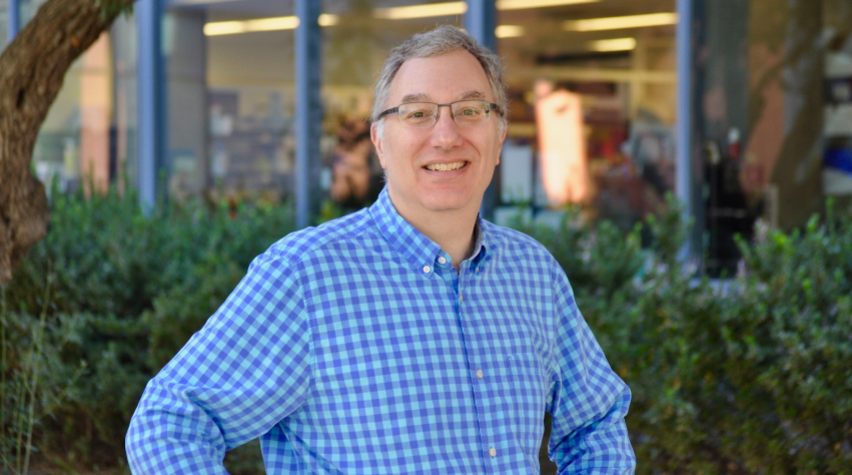
As chemical engineers, we are often tasked with reimagining chemical engineering to provide solutions to societal and global problems, for a more sustainable future. The 2024 AIChE Annual Meeting serves as the leading forum for chemical engineers to stay up to date on the latest innovations across our industry. This year’s panel discussion on the Future of Sustainable Food Production will feature academics, industry practitioners, and entrepreneurs, who will share their vision for the future of global food systems, identify the major hurdles to reaching this vision, and look at what chemical engineers can do to meet the growing demand for food.
We sat down with David Block, Professor at the University of California, Davis, in the Department of Viticulture and Enology and the Department of Chemical Engineering. He holds the Ernest Gallo Endowed Chair in Viticulture and Enology and is Center Director for the Integrative Center for Alternative Meat and Protein (iCAMP). He also serves as session chair at this year’s panel discussion. The session will take place on Tuesday, October 29, 1:30PM–3:00PM PDT, in San Diego, CA, during the 2024 AIChE Annual Meeting.
What are the main objectives of this session, and how do you see it contributing to the overall discussion on sustainability in chemical engineering?
Sustainable production of nutritious, delicious, and affordable food is important globally. While people outside the profession (and some in it!) tend to link chemical engineers to petrochemical and pharmaceutical production, chemical engineers are critical to producing many types of foods as well, from wine and beer, to milk and cheese, to sauces and breakfast cereals. In fact, because food production is so resource intensive (water, energy, raw materials), chemical engineers will need to play a leading role in making food production more sustainable in the future. The objective of this session is to introduce the hurdles to sustainable food production and how chemical engineers can tackle these technical challenges.
Who would benefit most from attending this panel?
Any engineer interested in solving (or even just understanding) the local and global issues with food supply would benefit from hearing this panel of distinguished experts from academia, industry, and government. It would also benefit academics interested in moving their research into this area, including seeing how their skill sets fit with the current technical challenges.
What role do you see chemical engineers playing in transforming traditional agricultural practices to more sustainable models?
Chemical engineers will have a role in transforming how we use natural resources to make food. This includes water inputs, energy inputs, labor inputs, and other raw materials — all with severe restrictions in their availability, depending on their location. This goes for agriculture at the field level and for the post-harvest processing. One area that we will touch on in the session is alternative meats and proteins. Some of these products are so new that they are not even on the market yet, except for in very small test markets (like cultivated meat). More engineers are needed to take bioprocess knowledge from biopharma and fermentation-based chemical production and combine it with knowledge about food production to scale up to commercial scale.
What excites you the most about the future of sustainable food production and the role of chemical engineering in driving this transformation?
In the end, more food will need to be produced globally to meet the needs of a growing world population, and chemical engineers have the skills to do this sustainably. Fields like alternative meat and protein production are exciting because just about everything is new and chemical engineers are just starting to work in this area. Some of these fields are less than 10 years old, and new knowledge needs to be created from scratch. The constraints of cost are very familiar to chemical engineers all the way back to the time they went through their senior design projects in college. Making a product taste delicious so that consumers will want to eat it is the fun (and challenging!) part for me.
Learn more about the 2024 AIChE Annual Meeting
Join the conversation on LinkedIn and Twitter | #AIChEAnnual


